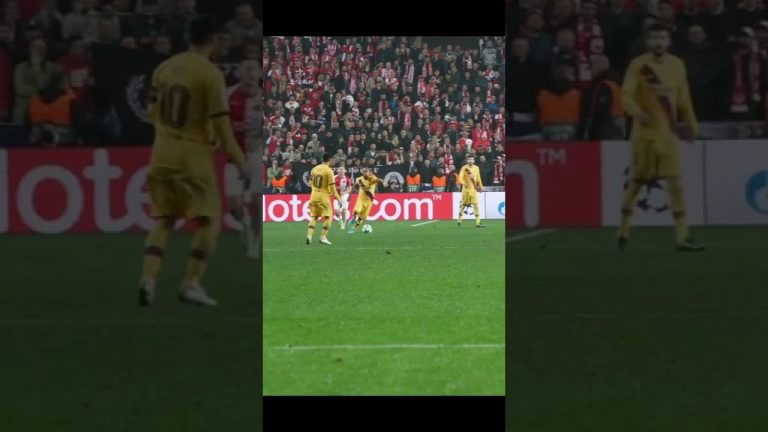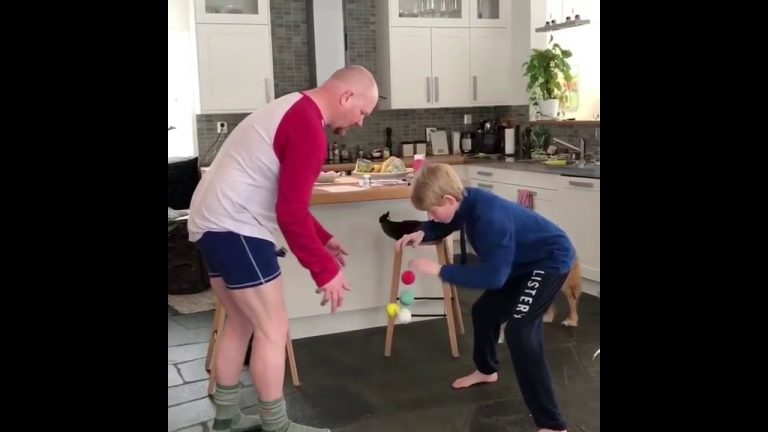Improving Your Depth Perception: Tips and Techniques for Better Vision
When we talk about vision, oftentimes we associate it with the ability to see clearly and read letters from a distance. However, vision goes beyond just clarity. One aspect of vision that is often overlooked is depth perception.
Depth perception is the ability to perceive the distance between objects and understand their spatial relationship to each other in a three-dimensional space. Without depth perception, we would perceive the world as a flat, two-dimensional space.
The Importance of Depth Perception
Having good depth perception is essential for various tasks throughout our day. For example, when we cross the street, we have to perceive the distance between the oncoming cars and judge if it is safe to cross. Or when we reach out to grab an object, we have to perceive its distance and size to be able to hold it properly. Without good depth perception, these tasks would become difficult if not impossible.
Depth perception is especially crucial for those who are involved in sports or work in construction or other industrial jobs that require accurate distance estimation.
How Depth Perception Works
Depth perception is a complex process that involves the brain, the eyes, and the different cues provided by the environment. There are two primary cues that our eyes use to perceive depth: binocular cues and monocular cues.
Binocular Cues
Binocular cues refer to the cues that our eyes receive from the disparity between the images that each eye sees. These cues include:
- Convergence: the extent to which our eyes turn inward to focus on an object
- Stereo vision: the brain’s ability to combine the two disparate images into a single image
Monocular Cues
Monocular cues refer to the cues that only require one eye to perceive depth. These cues include:
- Relative size: the smaller the object, the farther away it appears
- Interposition: when one object is in front of another object, it is closer to the viewer
- Texture gradient: the details of the texture becomes less visible as the object gets farther away
Having a good eye health and vision care is crucial for depth perception. If you’re experiencing any difficulty in perceiving depth, consult your eye doctor for a comprehensive eye exam.
Most wanted in Hoya Vision:
What brand lenses does Costco use?
What does +0.25 mean on an eye test?
Do tinted glasses help with migraines?
Hoya Lens Engravings
Should eyeglasses cover eyebrows?
Hoya Identification Chart
What are prism eyeglass lenses?
Does hyperopia worsen with age?
Is gray or brown better for transition lenses?
What LED light is best for broken capillaries?















